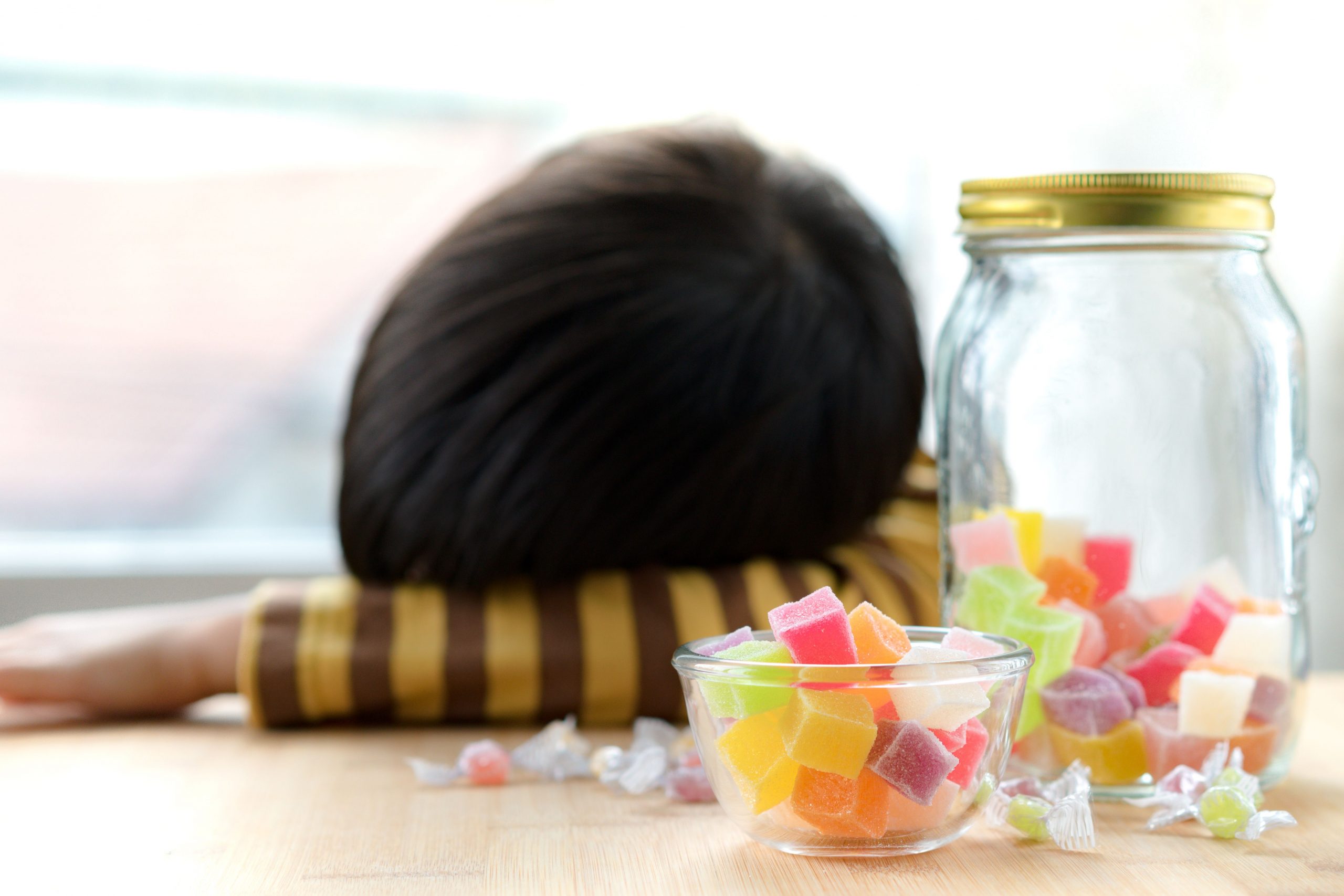Soft drink consumption and mental health in adolescents: A longitudinal examination
The purpose of this 2021 study was to test the hypothesis that soft drink consumption can predict a person’s aggression and degree of depressive symptoms experienced over time. According to this theory, mental health problems are thought to predict the amount of soft drink intake. This study conducted interviews with 5,147 children and their caregivers on 3 different occasions, at child ages 11, 13, and 16. Data was reported on how frequently the adolescents consumed soft drinks, their level of aggressive behavior, and depressive symptoms. Associations were identified between more frequent soft drink consumption with more aggressive behavior at each time point, and with depressive symptoms when the subjects were aged 11 and 13. The analysis model was then adjusted for covariates and behavioral factors, which showed that the number of soft drinks chugged at ages 11 and 13 predicted more aggressive behavior at age 16. There were several other correlations identified, including one between soft drink intake at age 16 and aggressive behavior at age 13. Also, drinking soft drinks at age 13 was linked with fewer depressive symptoms, but depressive signs did not predict soft drink intake. To summarize, frequently knocking back soft drinks may contribute to aggressive behavior in adolescents over time, and there is evidence to support the inverse relationship also. But the study did not find soft drink intake to contribute to depression among adolescents.
[NPID: depression, depressive symptoms, soft drinks, fizzy drinks, unhealthy diet, healthy diet, children, aggression, behavior, adolescents]
Year: 2021
 Navigation
Navigation






